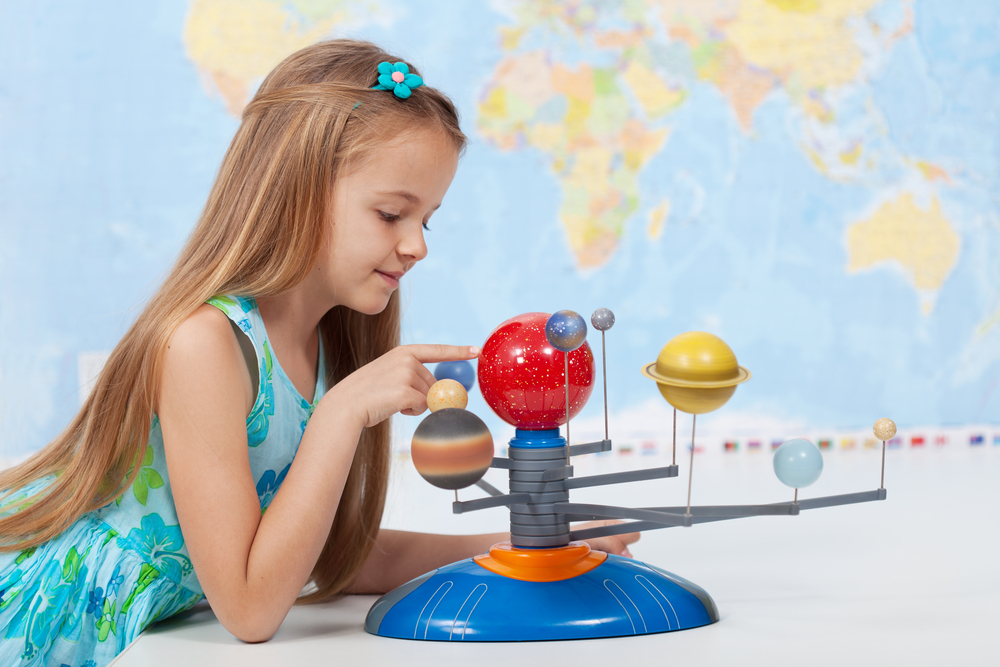Understanding ecosystems Science Worksheets for Ages 5-7
7 filtered results
-
From - To
Discover the wonders of ecosystems with our engaging "Understanding Ecosystems Science Worksheets" designed specifically for children ages 5-7. These printable worksheets promote curiosity and inspire young minds to explore the natural world, covering vital concepts such as habitats, animal communities, and plant life. Through fun activities, vibrant illustrations, and interactive questions, kids will learn about the interdependence of living things and their environments while enhancing critical thinking and observation skills. Perfect for home or classroom use, these worksheets provide an exciting way for early learners to gain a foundational understanding of ecosystems. Start your adventure in science today!


Ecosystems: Assessment 1 Worksheet
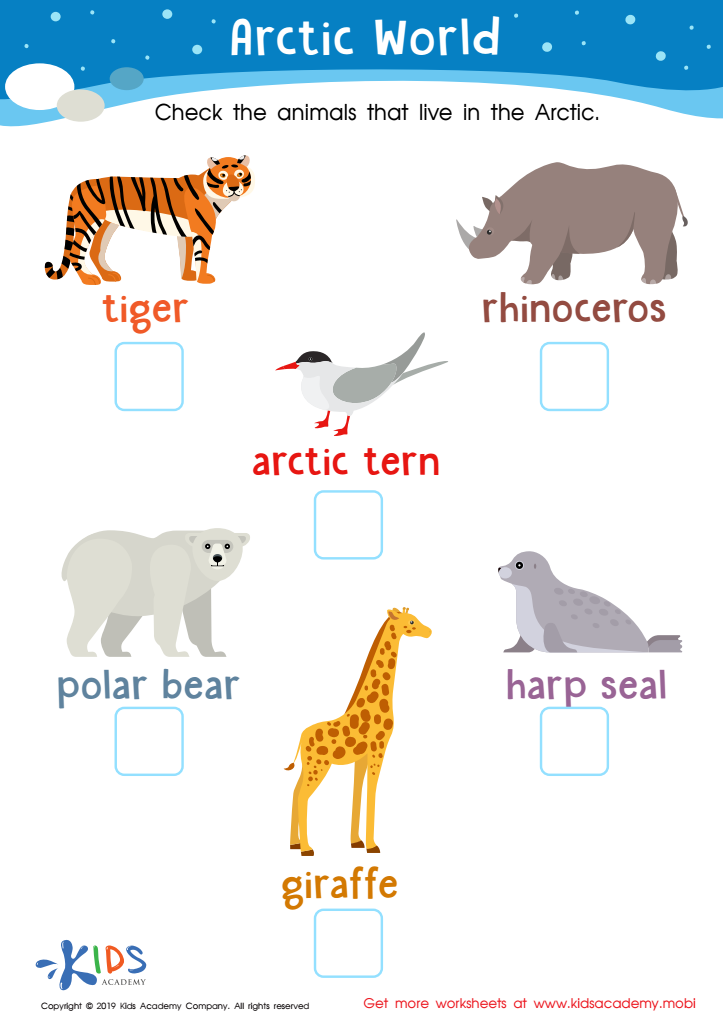

Arctic World Worksheet
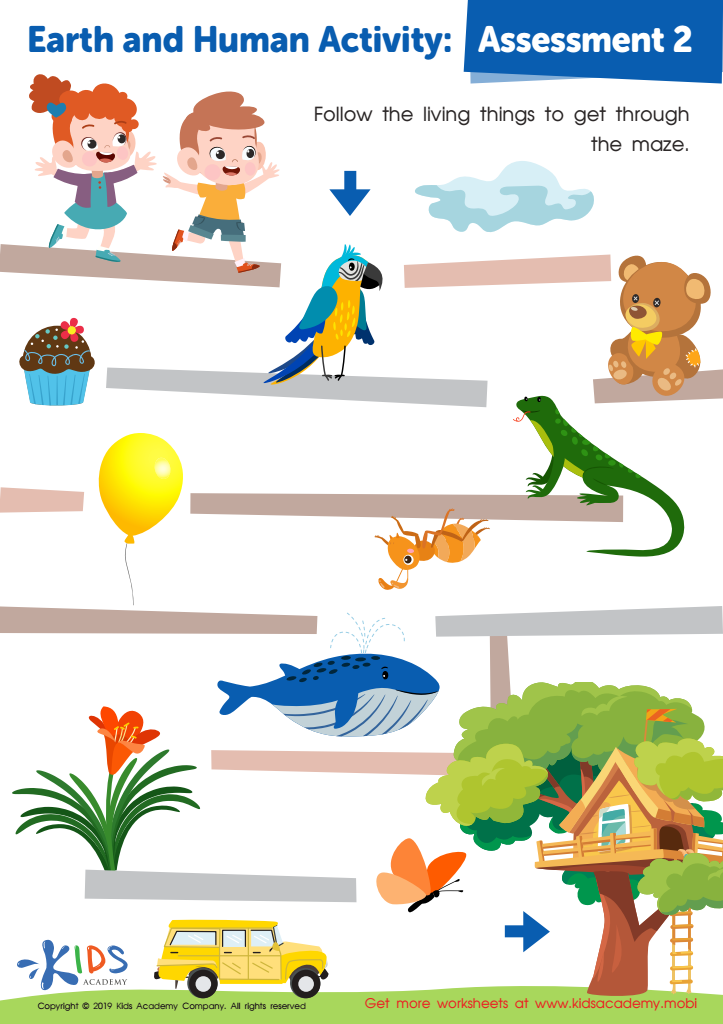

Earth and Human Activity: Assessment 2 Worksheet
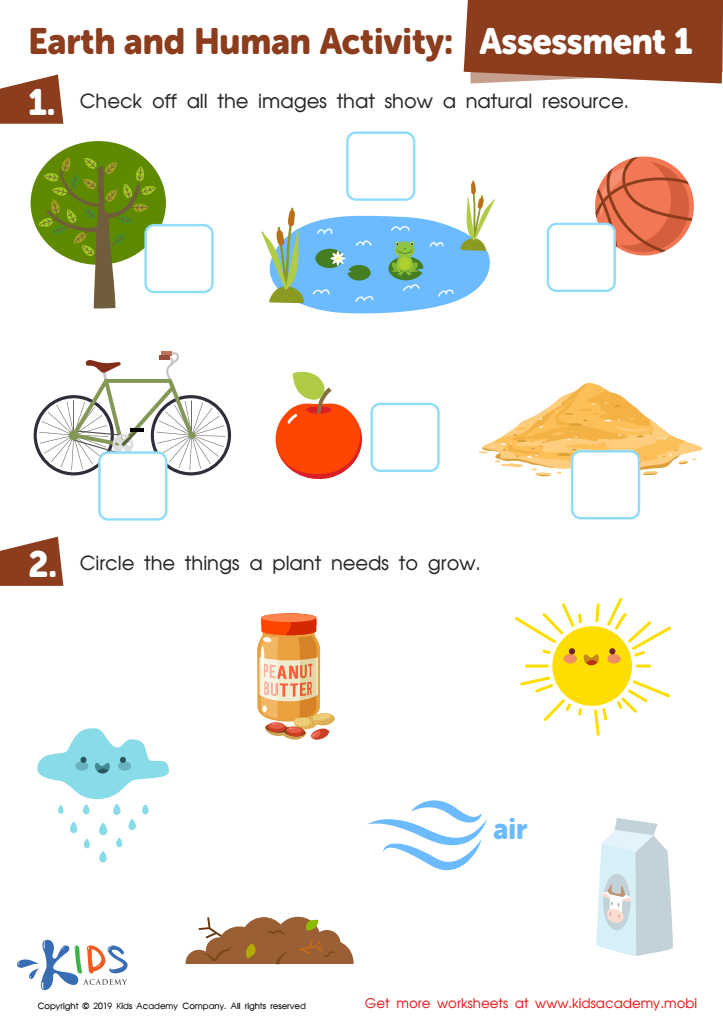

Earth and Human Activity: Assessment 1 Worksheet


Ecosystems: Assessment 2 Worksheet
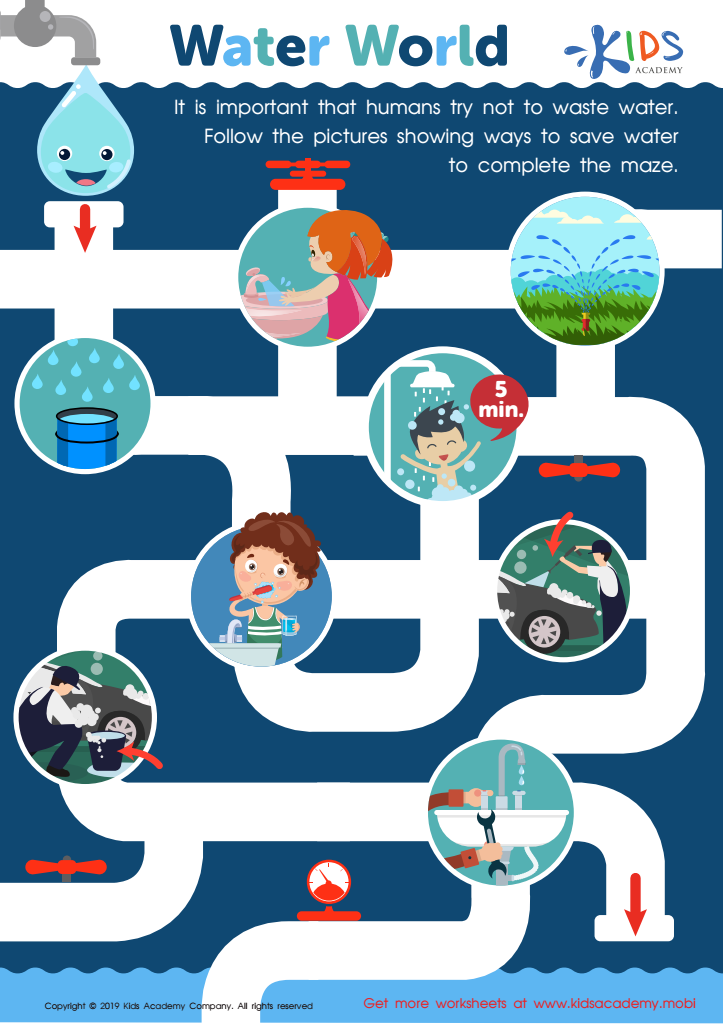

Water World Worksheet


Animals and Plants: Assessment 1 Worksheet
Understanding ecosystems is essential for children aged 5-7 as it lays the foundation for environmental literacy and stewardship from a young age. At this stage, children are naturally curious and eager to explore the world around them, making it an ideal time to introduce them to the concepts of ecosystems—the interdependence of living organisms and their environments.
When parents and teachers emphasize ecosystem science, children learn about the diverse plants, animals, and habitats, fostering an appreciation for nature. This understanding helps them recognize the importance of biodiversity and the need to protect ecosystems from threats like pollution and climate change. By instilling a sense of responsibility for the environment, children are encouraged to become mindful stewards of the Earth.
Moreover, early exposure to ecosystems engages critical thinking and observational skills, as children connect their daily experiences to broader ecological themes. Interactive activities, nature walks, and simple experiments make learning fun and memorable, igniting a passion for science and discovery. Ultimately, fostering knowledge about ecosystems equips young learners with the awareness and skills they need to make informed decisions as future caretakers of our planet.
 Assign to My Students
Assign to My Students




